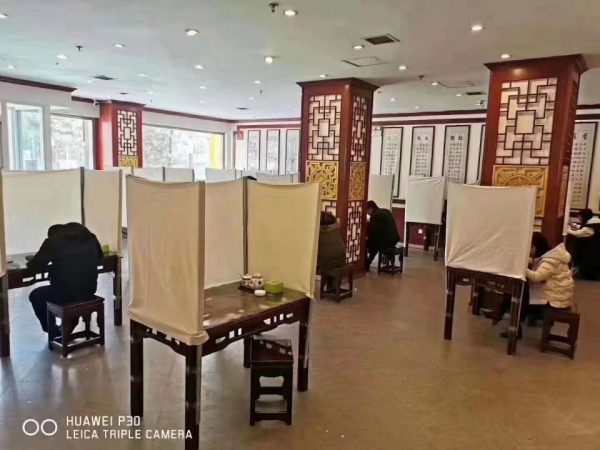There is a lot of mis-information out there right now about the coronavirus. No, drinking bleach, snorting cocaine, drinking silver, eating garlic or avoiding ice cream will not protect you from COVID-19. I am convinced however, that sleeping with dogs in a dog pile, might provide you with some comfort.
Speaking of dogs, notwithstanding the one Pomeranian that somehow had a positive test in Hong Kong, there is no evidence that dogs can carry or spread COVID-19 so the dog pile cure is still valid!
This article is designed to point you to information resources that you can trust and use to inform yourself about the pandemic and take action for you and your family.

Mapping
My cousin, Jonathan Mayer, is a professor emeritus of epidemiology and geography at University of Washington and recommends his colleague Bo Zhao’s work on mapping the spread of the virus. His work is updated multiple times a day and can be accessed here. You can also follow my cousin on twitter @jmayer0716. Other mapping resources include John Hopkins University and ERSI.
General information
The Centers for Disease Control and Prevention (CDC) have a dedicated page to the COVID-19 virus. Regardless of the potential for some political interference, the page does contain valuable resources and you can sign up for a COVID-19 newsletter, too.
Apple News has launched a special COVID-19 section that you can access from the Apple News app on your Mac, iPad or iPhone. It contains the latest news, has mapping and also answers to many questions. It has articles on cleaning your devices, a list of EPA-approved disinfectants and lots more. It is a curated source of information and resources.
You will not find many Coronavirus apps on the Apple App Store because Apple is restricting any apps about the virus to medical institutions to prevent the spread of bad information.
The World Health Organization (WHO) has a dedicated page to the virus, as well that contains some good information from all over the world.
Our advice
The best way to mitigate the virus and help to prevent the spread is to follow these guidelines:
Clean your hands often.Wash your hands often with soap and water for at least 20 seconds especially after you have been in a public place, or after blowing your nose, coughing, or sneezing.
If soap and water are not readily available, use a hand sanitizer that contains at least 70% alcohol. Cover all surfaces of your hands and rub them together until they feel dry.
Avoid touching your eyes, nose, and mouth with unwashed hands.
Stay home if you are sick!
Wear a face mask if you are sick. Wearing a face mask when you are not sick is okay but in times of mask shortages do not hoard. In China everyone wears masks whenever they go out.
When you have visitors to your home, exchange “3-foot greetings”, like a wave, nod, or bow.
Ask visitors and those you live with to wash their hands.
Regularly clean and disinfect surfaces in your home, especially areas that people touch a lot.
If someone you live with isn’t feeling well (especially with possible COVID-19 symptoms), limit your shared spaces.
If you become ill with symptoms of COVID-19, contact your healthcare provider by telephone before visiting your healthcare facility.
When you go out in public, follow the same preventative guidelines as you would at home.